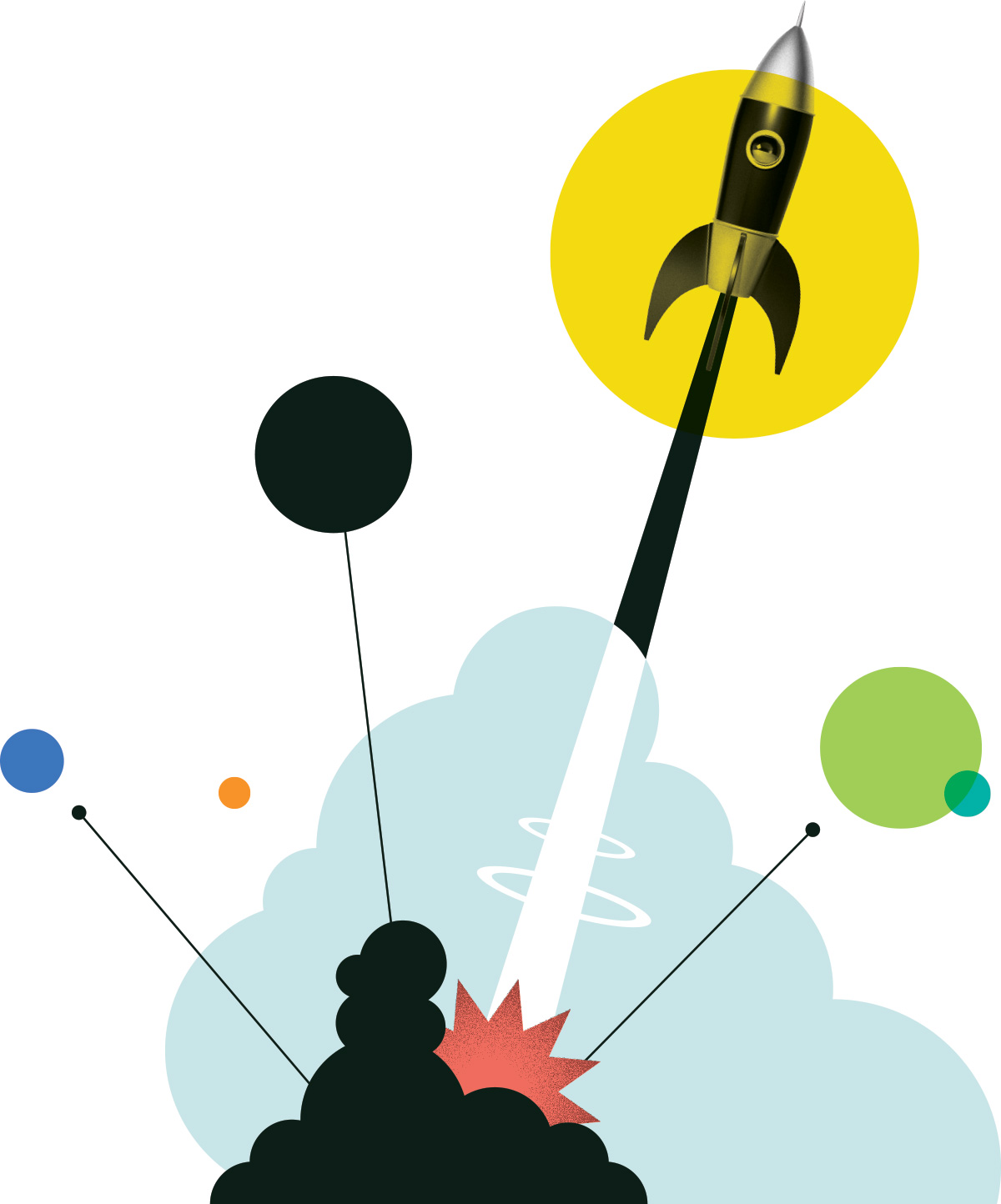Lyndsay MacWilliams

Lyndsay MacWilliams is a Source Watershed Monitoring and Restoration Intern at Winter River – Tracadie Bay Watershed Association located in Charlottetown, Prince Edward Island. The internship lies within the Clean Tech stream which is Funded by Environment and Climate Change Canada as part of their Science Horizons Youth Internship Programof the Career Launcher Internship Program.
Her work revolves around data collection of water quality and quantity metrics, and restoration activities to improve water quantity and quality within the watershed, which is the source of most of the water used by the City of Charlottetown. She is also developing her abilities in grant application, brush mat building as well as skills to build other natural infrastructure.
At Winter River, she is learning, researching, and exploring beyond watershed management activities including gathering outdoor field knowledge with help from mentors and a supportive team. The Career Launcher Internship Program is proving to be a worthwhile professional experience, reigniting her passion in environmental sciences that was dampened by the pandemic.
Interview Questions
- What was a problem or task that you were assigned at work and how did you overcome it?
- I have been assigned a lot of new things at work. Now with the work from home routine due to the pandemic, I am working on applying for grants or funding. I have never really had any experience in that so when my boss asked me to do that, I was nervous and hesitant to express my own ideas and thoughts. As I went on, I told myself, ‘Lyndsay you’re just learning, you don’t have to know everything and its okay to be wrong, give feedback and receive feedback from somebody else.’ So, for me to overcome the obstacle that it is okay to just learn and receive honest feedback from my boss about what is going well and what is not, was a learning experience. Believing in myself and communicating with my seniors helped me in overcoming the challenge. This entire process helped me to become more confident about myself.
- One tip you could give employers on how they should onboard their intern.
- My onboarding experience was a good one. Due to the pandemic restrictions, there were some roadblocks, but it was managed well. I knew my position and I was familiar with the people I was working with. I really think that employers, when they are doing onboarding with a new intern, it is important, if possible, to offer in-person and field training for the intern to shadow and ask questions. It helps the employers and the intern get comfortable. My supervisors and coordinator did that well during my onboarding. For my first day, I was able to go to the office and attend an orientation session that helped me know about the organization and its policies, the work area, and what was expected of employees and interns. I was also able to shadow my boss in water monitoring activities. While I am working from home now, I communicate frequently with her. The initial in-person interaction started the process of us communicating back and forth with much ease.
- Did the internship make you feel prepared from school/academics to the professional space?
- I was able to participate in different activities and acquire new skills beyond water monitoring. Within the environmental field, it is important to get outdoor field experience. So, I have a lot to add to my resume. Whenever I do decide to move away from Winter River, I feel the internship has broadened my horizon and realize there is so much more out there.
- How inclusive is the workplace or the team?
- I do find it is inclusive. There are students and youth who work with Winter River during summer and fall and have diverse backgrounds, e.g., engineering, psychology, biology etc. It is interesting to have different thought processes in the work and be appreciative of everyone’s contribution. I was shy and reserved at the beginning but felt respected and appreciated. The morale of the team is high, which is reflected in the team spirit.
- At present the organization has a woman-dominated crew but is working towards having a more diverse composition.
- Are there any new skills that you developed/are developing while you are at the worksite and what are they?
- I acquired skills related to assessments – water quality, water quantity and general. I learned to create MathBrush infrastructure. I am now well-versed in grant writing.
- How will your work during the internship make a difference to the community?
- The Winter River watershed is a source of water for the City of Charlottetown. Water monitoring activities related to quality and quantity are essential. The tasks performed by me with the team will help the organization in its consultations with the City of Charlottetown about the ecosystem, regulations etc.
- What are your thoughts about women and girls working and researching in the field of science?
- I am happy about the growing number of women and girls in science. In the field of environmental sciences, it is hard, both physically and mentally, but rewarding. I feel empowered to be a part of this community and to be able to leave a mark on the world.
- How did the Career Launcher Internship Program encourage you to begin/ grow a career in science?
- I have had short-term jobs before the internship. When the pandemic happened and there was uncertainty everywhere, I started to feel discouraged and questioned by career choices. The internship reignited my passion and encouraged me to stay on my path. I am enjoying my current role at Winter River where I can learn, research, and explore.

